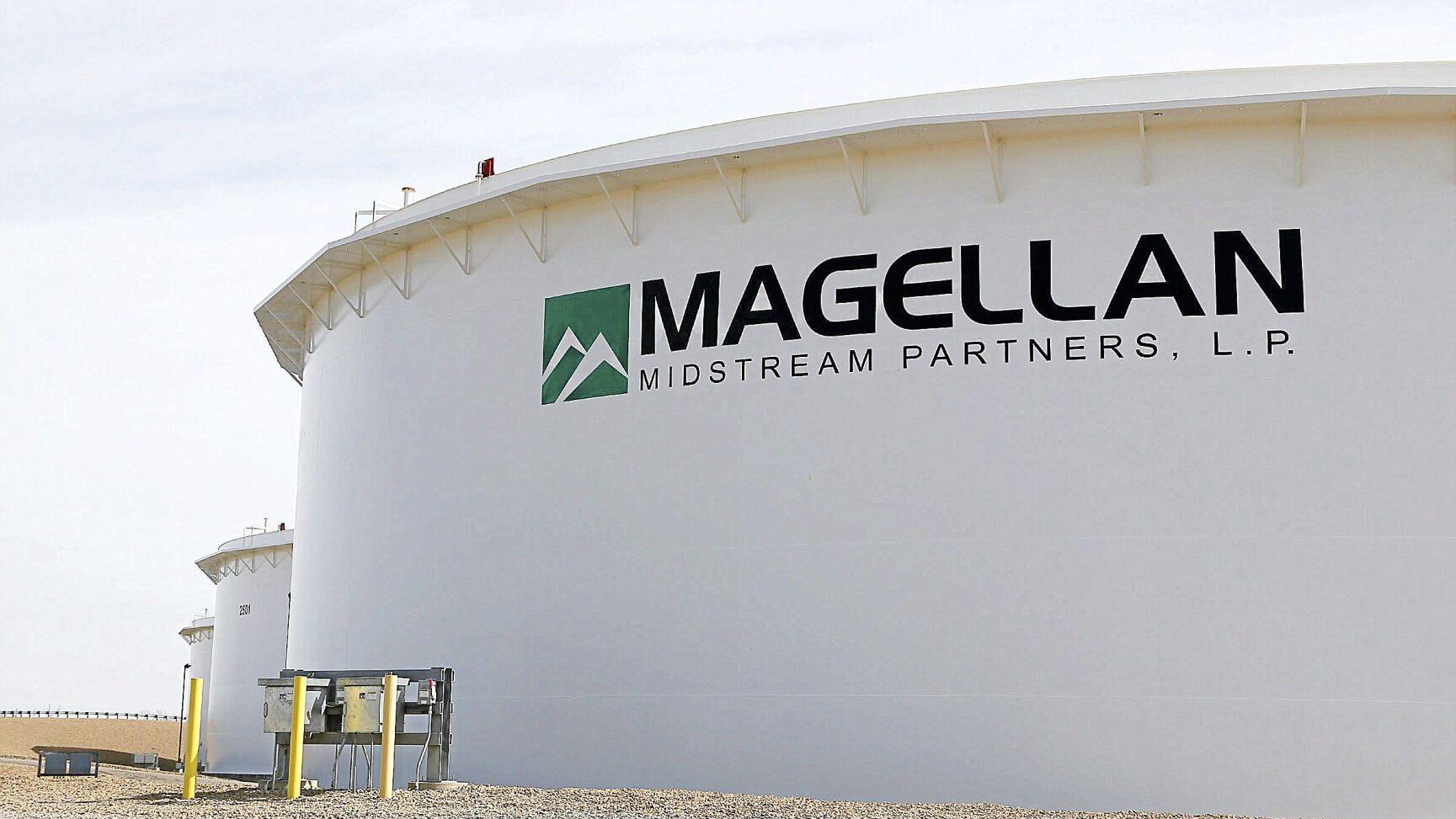
Tulsa’s Magellan Midstream was accused of “anticompetitive practices” and running a pipeline monopoly in a lawsuit filed this week by Converge Midstream, LLC in Houston, Texas.
Converge’s lawsuit, Converge Midstream Partners, LLC v. Magellan Crude Oil Pipeline Company, L.P. and Magellan Midstream Partners, L.P. was filed Tuesday in State District Court in Harris County, Texas. The suit alleges the “ongoing anticompetitive practices” are “likely leading to higher energy costs for U.S. consumers.”
“For years we have tried to work with Magellan and for years Magellan has continued to build a monopolistic enterprise, ignoring common carrier laws, protecting and serving their company owned export facility at the expense of others, and illegally devaluing crude oil that leaves their pipeline system. It’s time for an end to those abusive practices,” said Dana Grams, Converge’s CEO.

“Not only is Magellan’s conduct illegal, but it also stifles competition, increases costs to crude oil shippers and markets, and raises the cost of gasoline and other refined products for hardworking people across the country at a time when American businesses and families are already struggling with higher energy prices and surging inflation.”
The lawsuit, according to the Converge announcement made on PR Newswire, stated that over time Magellan had aggressively acquired existing pipelines to build the Houston Crude Oil Distribution System, a move that gave the Oklahoma company control of “the last mile” of distribution.

The suit alleges that the company leverages its dominant position to keep other companies out of the market through unfair practices ensuring that new competition cannot effectively enter the market to provide services benefiting American consumers.
Under Texas law, pipeline companies like Magellan are common carriers, a status which provides them the power of eminent domain to gain right-of-way on private property. Along with this privilege, Texas law requires common carriers like Magellan to make their pipelines broadly available to market participants for the public good.
The suit alleges that, despite this requirement, Magellan has systematically shut out or impeded Converge’s operations, as well as the operations of other competitors and companies in the Houston area. This type of market manipulation is, as alleged in detail in the suit, prevalent in the Houston area as other common carrier pipelines use these same tactics to block Converge and other market participants and their customers from gaining access to these markets.

This is not the first time Converge has challenged Magellan’s practices before the Texas courts and regulators. In 2017, Magellan settled Converge’s Texas Railroad Commission complaint and antitrust lawsuit challenging Magellan’s anticompetitive practices of denying Converge connections to the HDS.
The settlement agreement allowed Converge to connect with Magellan’s system at only a single junction. Converge spent nearly double the amount typically required for such projects to meet Magellan’s elaborate and unreasonable demands. The current lawsuit alleges that Magellan has violated that settlement agreement.
“Converge is on the right side of the facts and the law,” said Benjamin L. Bailey of Bailey & Glasser, LLP. “Nobody wanted this dispute to go this far, but Magellan’s ongoing and continuing unwillingness to act in good faith and against the law left Converge with only one option – to challenge Magellan’s actions in court.”
Converge’s lawsuit seeks to stop Magellan from restraining trade and the far-reaching harm it causes. In the suit, Converge also seeks damages that could reach hundreds of millions of dollars.
The Magellan Midstream website did not show a statement in response to the lawsuit.
Converge is represented in the suit by Brian A. Glasser, Benjamin L. Bailey, John Turner and Robert R. Bell of Bailey & Glasser, LLP and Amy Baird and Richard A. Howell of Jackson Walker.
Source: PR News wire




